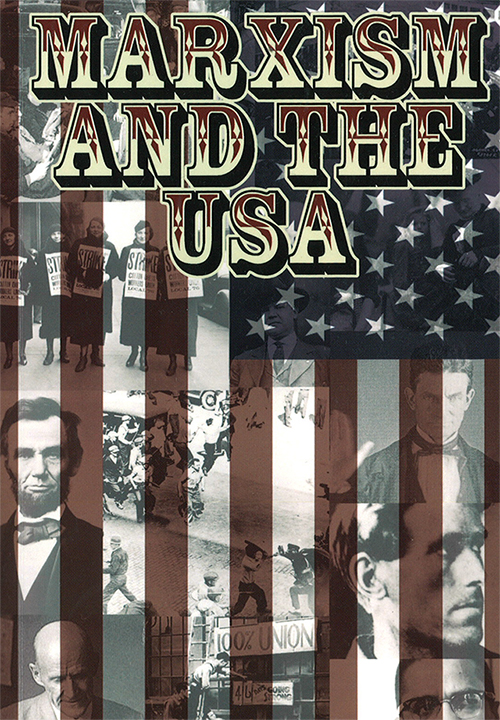Class struggle in the USA
 There exists a kind of senseless anti-Americanism in some left circles. Marxists are internationalists and do not take up a negative stance in relation to the people of any country. We stand for the unity of all working people against oppression and exploitation. What we oppose is not Americans, but American capitalism and American imperialism.
There exists a kind of senseless anti-Americanism in some left circles. Marxists are internationalists and do not take up a negative stance in relation to the people of any country. We stand for the unity of all working people against oppression and exploitation. What we oppose is not Americans, but American capitalism and American imperialism.
The American people and above all the American working class have a great revolutionary tradition. On the basis of great historical events they are destined to rediscover these traditions and to stand once more in the front line of the world revolution, as they did in 1776 and 1860. The future of the entire world depends ultimately on this perspective. And although today it may seem very far off, it is not so incredible as one might think. Let us recall that before 1917 tsarist Russia was the bastion of world reaction, as the U.S.A. is today. Many people were convinced that the idea of socialist revolution in Russia was a crazy delusion on the part of Lenin and Trotsky. Yes, they were completely convinced, and completely wrong.
The rapacious greed of the big corporations and the ambitions of the ruling elite of “the Empire” are dragging the U.S.A. into one adventure after another. New nightmares can flow from such adventures.
